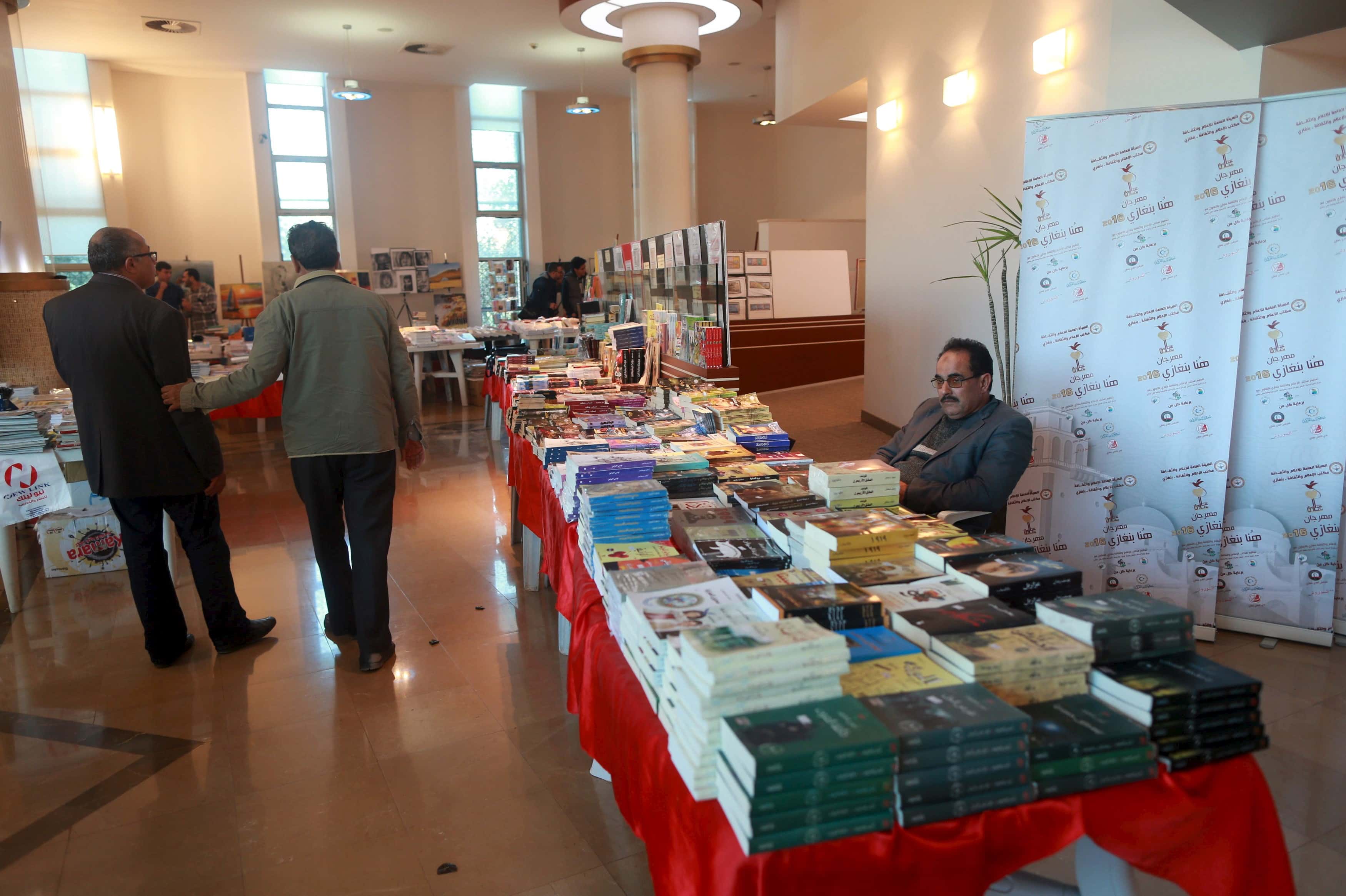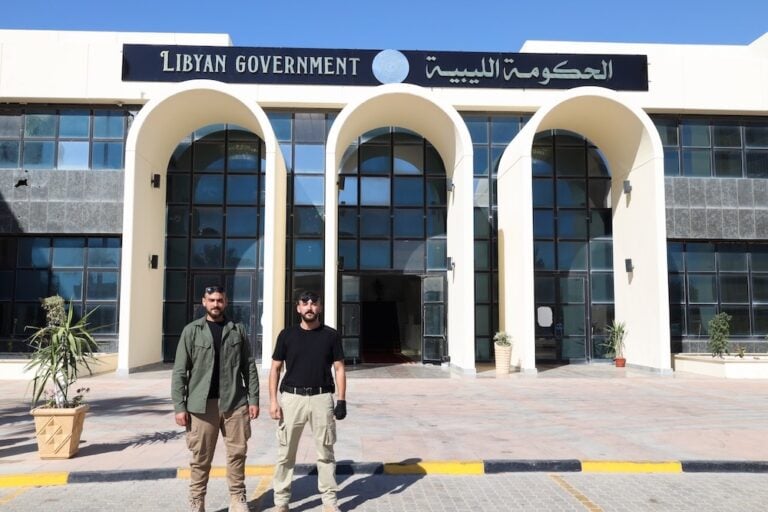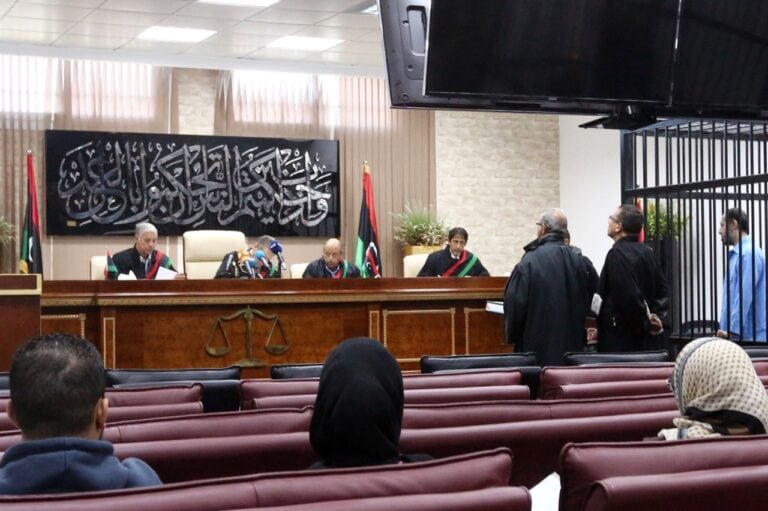The writers and editors included in the literary collection Sun on Closed Windows have received death threats, insults and have been the target of hate speech. Fearing for their lives, some are currently in hiding with their families.
This statement was originally published on pen-international.org on 3 September 2017.
PEN International is deeply concerned about the safety of the writers and editors of a new literary collection entitled Sun on Closed Windows. The book, which includes short stories by 25 writers as well as two essays by prominent Libyan literary critics, was published in Arabic in May 2017 by Darf Publishers, London, UK.
The writers and editors have received death threats, insults and have been the target of hate speech. Fearing for their lives, some are currently in hiding with their families. The threats, numbered in the thousands, have appeared predominantly as comments on Facebook and Twitter. The attacks started after a literary event featuring some of the contributors at the Public Library (Dar Al-Kitab) in the city of Zawiya on 26 August 2017. Despite similar events having taken place earlier this year, in Cairo in May and in Tripoli in July, the collection sparked outrage shortly after the event in Zawiya due to the intervention of an Islamic group, which controls the city in the absence of a government presence.
The Islamic group arrested the event organiser, Marwan Jbouda, releasing him the following day. Furthermore, the Islamists also closed the Public Library with the intention of preventing any further literary events.
The main reason for the intervention relates to the content of a short story by the novelist Ahmad al-Bokhari which is considered “too obscene”. The story narrates a love scene, and photos of the controversial passages of al-Bokhari’s story were published online and went viral causing a tidal wave of abuse and threats. In particular, Laila Moghrabi and Khaled Mattawa, the two co-editors, as well as al-Bokhari and the women contributors, have all become the target of countless social media attacks.
The Libyan authorities, in particular the Ministry of Culture, have condemned the book’s content and considered it against “public morality”. The Ministry has also stated that the book which was published outside Libya was not subject to the country’s censorship rules. However, the passages in question were taken from a novel called Kashan previously published in Libya, which had been reviewed by the Ministry before its publication in 2012. The Ministry has ordered the confiscation of all copies of the literary collection..
“Through their actions and statements the Libyan authorities are undermining freedom of expression. Instead of supporting the writers and editors who are targeted by a religious group, the Ministry of Culture has condemned the contents of a book which is a work of literature. Libyan authorities should take all necessary measures to protect the life and the safety of the writers, editors, and all those involved with the book, and take effective steps to investigate and prosecute those who are threatening their safety, and uphold the writers’ right to write and readers’ right to read,” said Salil Tripathi, chair of PEN’s Writers in Prison Committee.
Laila Moghrabi is a Libyan writer and journalist who has worked with several local and international newspapers and websites. Dr. Khaled Mattawa, Libyan and American citizen, is a poet, literary critic, translator, and Chancellor of the Academy of American Poets. Mattawaa is also the President of the Arete Foundation for Arts, and professor of English at the University of Michigan. Sun on Closed Windows (in Arabic Shams ‘ala Nawafidh Mughlaqa) is a joint project between the Arete Foundation for Arts and Culture and Darf Publishers of London. The book contains various works – short stories, poetry and prose, by 25 writers. It also includes an introduction by Dr. Farida Al-Masri of the University of Tripoli, and a study of the texts by Ahmad al-Faitouri, a Libyan literary critic now residing in Cairo.



